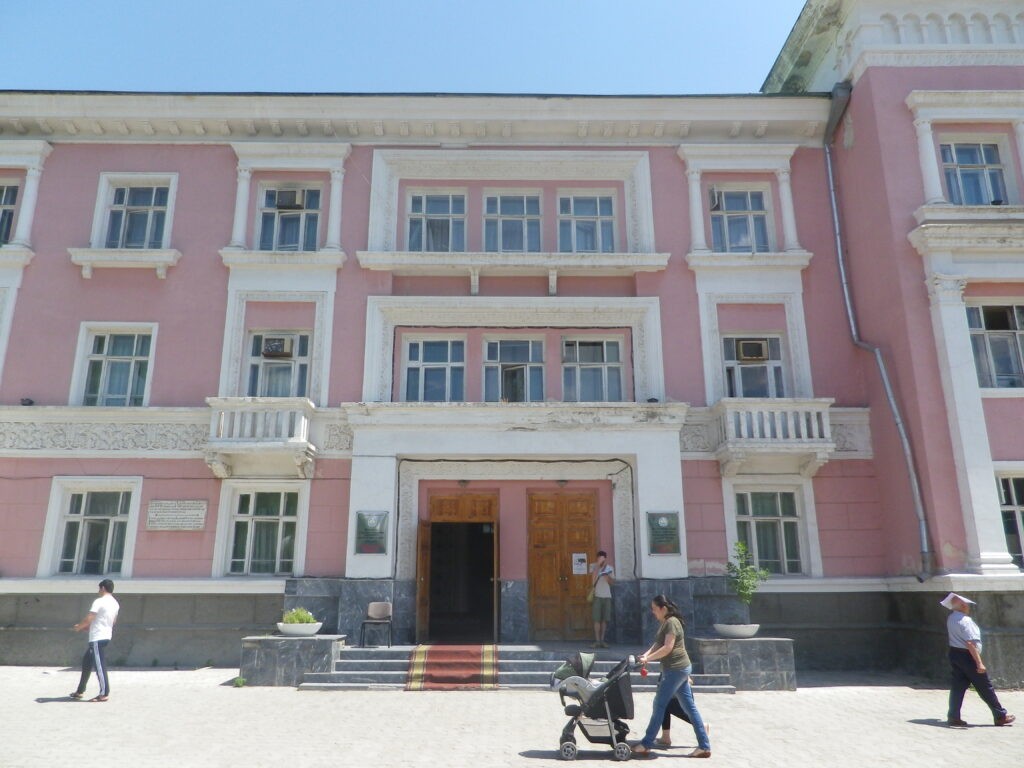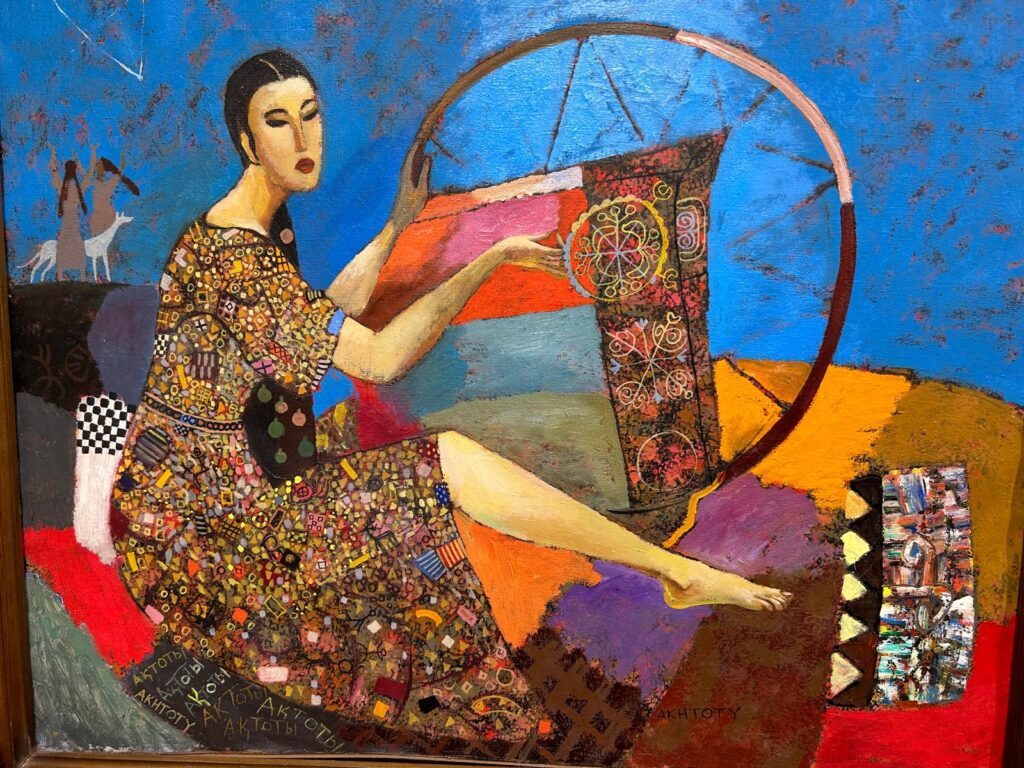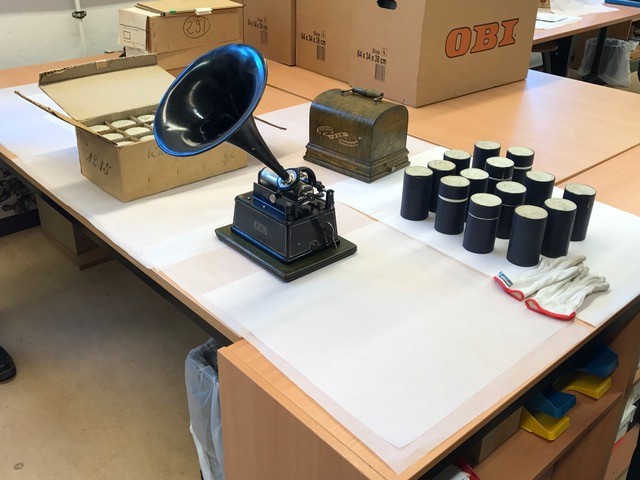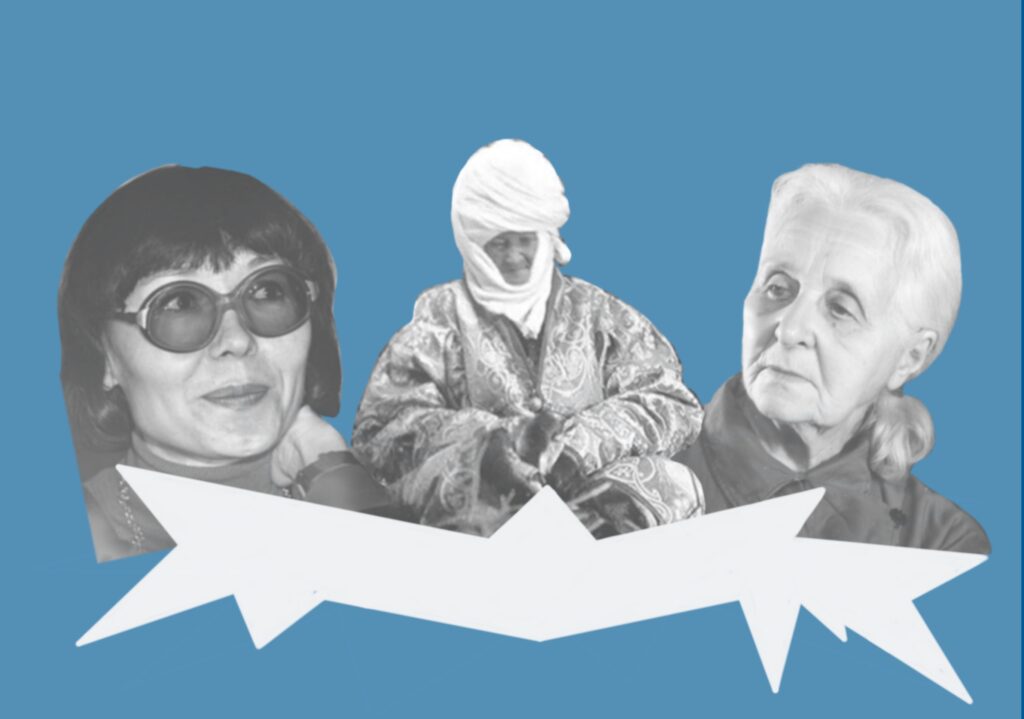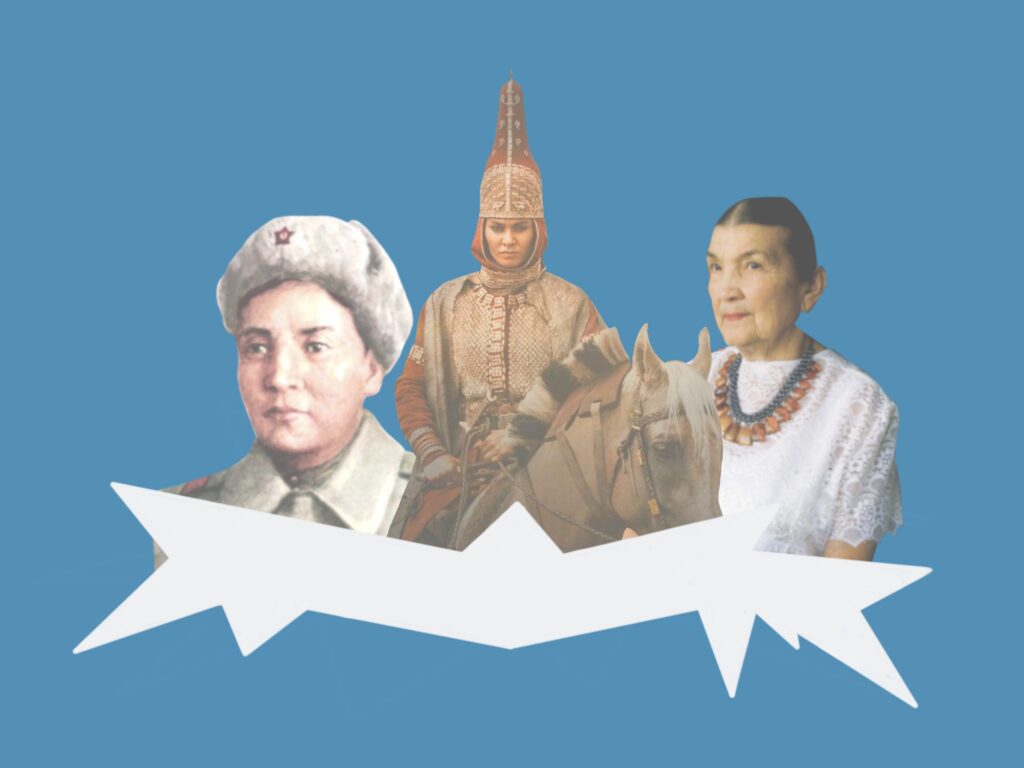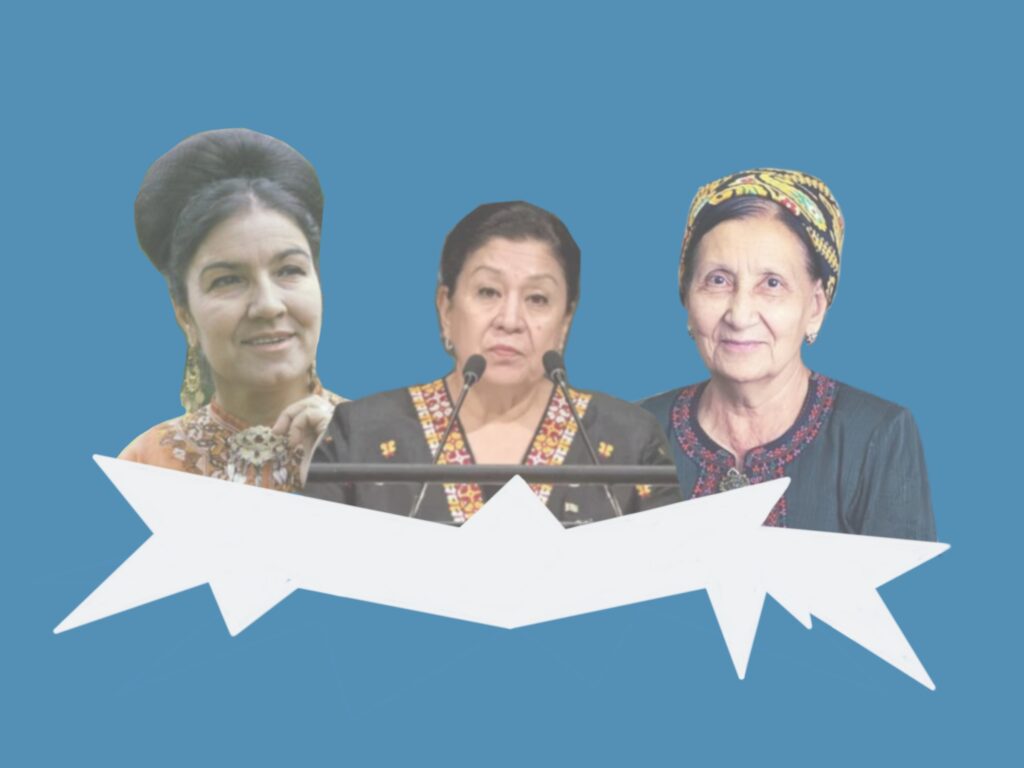The history of Uzbekistan is awash with outstanding female personalities who played a key role in the formation of the nation. From defenders of rights to creative geniuses, they became pioneers, leaving their mark in various fields. To mark International Women’s Day, we remember some of the great women of Uzbekistan, revealing their influence on culture, politics and social movements.
Nozimahonim
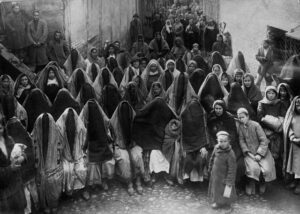
Uzbek Women, Tashkent, 1924; Photo: archive.is
Born in the Jizzakh Region in 1870, Nozimahonim became the first woman journalist of the Jadidism-era, playing a key role in the struggle for the empowerment of women in Uzbekistan. In her poems, she raised questions about education for women and inequalities in familial relationships.
Published in the newspaper, Tarakkiy, in her poem “Afsus” (translated from Uzbek as “Unfortunately”), Nozimahon wrote: “How wonderful that the night of tyranny has come to an end,” reflecting her hope for the end of the long struggle for women’s liberation and rights.
In addition to her work as a journalist and poet, Nozimahonim worked to educate girls as an “Otin,” the traditional name for women who read and taught the Qur’an. Nozimahonim died in 1924; no known image of her exists.
Sobira Kholdarova
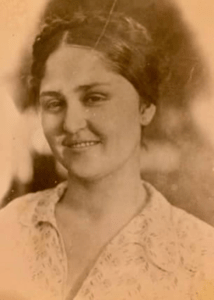
Photo: qalampir.uz
Upon being sent to an orphanage at age thirteen, Sobira Kholdarova completed a literacy course in just six months. At the age of just seventeen, she became one of the editors of the newspaper, Yangi yul (New Way). In 1924, at a rally against inequality in Tashkent, Kholdarova cast of her burqa and, shortly thereafter, joined the Communist Party of the Soviet Union. In 1926, despite having a two-year-old son, she was selected to study in Moscow, becoming the first woman from Uzbekistan to be trained as a professional journalist.
Despite spending over fifteen years in exile in Siberia for allegedly “losing class consciousness,” both before and after her return to the press in the 1950s, Kholdarova made a hugely significant contribution to journalism.
Zulfiya Umidova
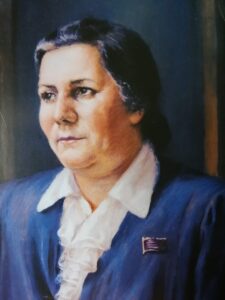
Image: facebook.com/tashkentretrospective
The first female physician and doctor of medical sciences in Uzbekistan, Zulfiya Ibragimovna Umidova made a profound impact on the medical field. Her noteworthy contributions lie primarily in her research on the prevalence of cardiovascular diseases in the Uzbek Soviet Socialist Republic. For her doctoral dissertation, she conducted an in-depth examination of how Tashkent’s climate affects the human cardiovascular system and the specificities of myocardial infarction. Following the massive earthquake in Tashkent in 1966, she expanded her research to study the effects of earthquakes on hypertension.
Her prolific academic journey is evidenced by her 80 scientific publications, and the supervision of 32 candidate and three doctoral theses. Umidova’s legacy continues to inspire future generations in the field of medicine.
Nelya Ataullayeva
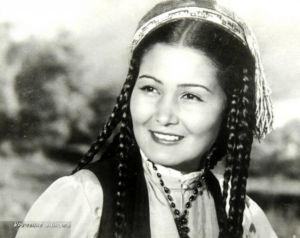
Photo: mytashkent.uz
Nelya Ataullayeva initially embarked on her career as an actress, but she soon made history by becoming the first female documentary filmmaker in Uzbekistan. Her inaugural documentary paid tribute to eminent women in Uzbekistan, including the poet Zulfiya, scientist Professor Irina Raikova, medical doctor Zulfiya Umidova, and the trailblazing locomotive driver and parachutist, Bashorat Mirbabaeva. Over her career span, she created approximately 20 documentaries that addressed significant issues and narrated the stories of groundbreaking women. Regrettably, Ataullayeva’s promising career was prematurely ended when she passed away at the age of just 43.
Shahlo Turdikulova
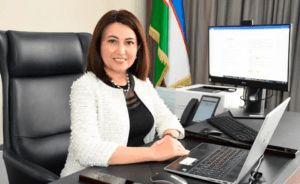
Photo: podrobno.uz
A Doctor of Biological Sciences, Shahlo Turdikulova became the first woman to hold the post of First Deputy Minister of Innovative Development of Uzbekistan. With a background in human genetics, she has submitted more than 160 scientific papers, including two textbooks and two monographs, and published over 40 articles in international publications.
Her efforts to foster unity were recognized when she received the Order of Dustlik. This honor is bestowed upon individuals who have made substantial contributions to fortifying friendship and mutual understanding among the ethnic groups residing in Uzbekistan.
Mukhlisa Azizova

Photo: cyclowiki.org
A name which resonates in the Uzbek film industry, as a director and producer Mukhlisa Azizova has carved her niche with a unique flair for storytelling. Azizova’s journey into the world of filmmaking started with the realization of her film idea, “Geologist is stronger than death” in 2014. Her directorial debut came with the short film, “The Shore of the World” in 2015, which showcased her ability to create engaging narratives. It was her 2017 short film, “She” that brought Azizova international recognition, however, when she made history by becoming the first representative of the Uzbek film industry at the prestigious Cannes Film Festival.
Azizova continued to expand her creative arsenal with the thriller, “Scorpion,” released in 2018, which cemented her status as a force to be reckoned with in the industry. Her works continue to inspire aspiring filmmakers.
Tanzila Narbayeva
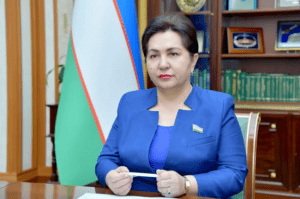
Photo gk-usbekistan.de
A distinguished state and public personality, Tanzila Narbayeva has held several key positions in Uzbekistan, including the Chair of the Federation of Trade Unions, Chair of the Women’s Committee, and Deputy Prime Minister. Since 2019, she has broken new ground by becoming the first woman to lead the Senate of the Oliy Majlis of Uzbekistan.
Throughout her distinguished career, Narbayeva has significantly advanced women’s rights, being instrumental in the creation of the Committee on Women and Gender Equality. Furthermore, she has enhanced media transparency and government accountability by arranging for live broadcasts of meetings. These sessions were open not only to state journalists but also to representatives from independent media outlets.

